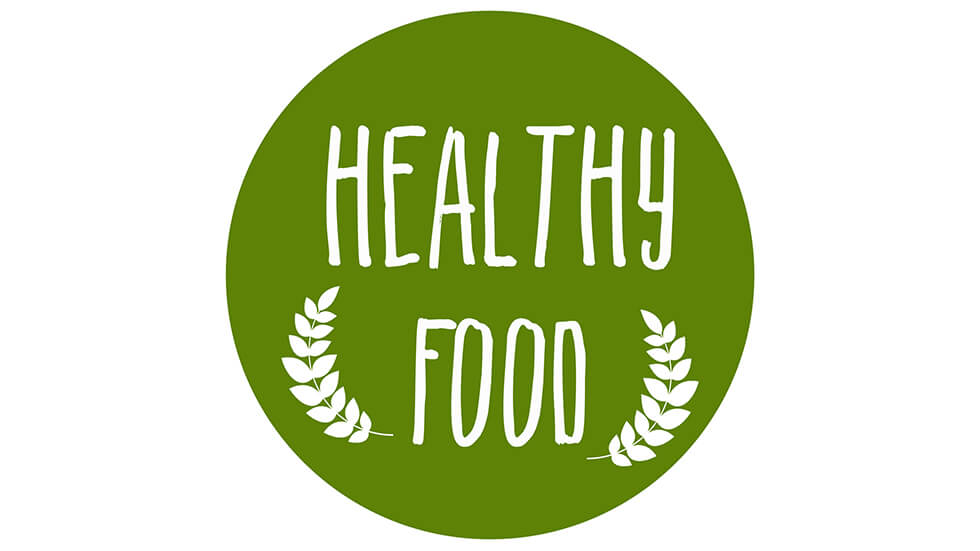


A combination of healthy diet and lifestyle can work wonders when it comes to prevention and recovery from heart attack. And believe us it’s not that difficult to make these changes.
Being healthy is all about the choices you make, in terms of what you eat and how you choose to live your life. As research studies suggest, people who follow a healthy lifestyle, which includes a healthy dietary pattern, regular physical activity, normal body mass index (BMI), not smoking, and no or moderate alcohol intake have 45–81 percent lower risk of heart failure.
Here is effective advice on heart healthy foods that you should prefer and unhealthy foods that you need to avoid while recovering from a heart attack:
It is important to know how many calories your body needs to maintain your weight. The Indian Council of Medical Research (ICMR) recommends 2400 kcal per day per person for rural areas and 2100 kcal for urban areas. However, an individual’s actual need depends on several factors including gender, age, and level of physical activity.
To avoid weight gain (being overweight increases the risk of heart diseases), make sure you consume calories not more than what you are able to burn up every day.
For people making recovery from heart attack, it is important to pick and choose nutritious foods from all the food groups. According to researchers, plant-based diets rich in micronutrients, antioxidants, dietary nitrate and fiber, but low in sodium, saturated and trans fats may be effective in minimizing risk of heart diseases. A diet rich in whole grains, minerals, and protein, but lower in calories is considered beneficial for those who have survived a heart attack.
If you are a non-vegetarian, you can choose poultry and fish without skin. In addition to choosing a right food, how you cook it holds equal significance. Remember the golden rule, cook your own meals and eat them fresh, and prepare them using healthy ways. Fermentation, pickling and baking are healthier, provided you don’t use saturated and trans fat, and processed flour.
After basic advice on healthy eating ways, let’s zero in on foods recommended for people recovering from heart attack:
Heart Healthy Foods
Fish is loaded with omega-3 fatty acid that is known to be a heart healthy for its ability to help reduce cholesterol and promote vascular health.
And, when it comes to healthy drinks, nothing can beat the goodness of water. Be generous when it comes to water intake. Try to avoid carbonated and packaged drinks completely.
As a rule of thumb, stay away from salt, excess sugar, and unhealthy fats (saturated and trans fat). Here are the foods completely prohibited for heart attack survivors.
You can visit Making India Heart Strong website, anytime, for more information on heart health including heart-related testing or treatment for high heart rate or heart stroke treatment.
That they don’t taste good. Healthy eating doesn’t necessarily mean those complicated diet charts and a strict eating schedule. In fact, there are so many foods that can be made into a delicious heart healthy recipe. If you are a non-vegetarian, you can prepare so many tasty dishes from fish. Just avoid frying.
Similarly, nuts, beans and legumes can be used to make many heart healthy dishes. You can take cue from South Indian foods like sambhar and idli and of course those mouth-watering chutneys. Don’t complain. Just be a bit creative and enjoy actually healthy and flavorful foods. The best thing about these preparations is that they make you feel light and energetic at the same time.
Plants contain certain phytochemicals that act as antioxidants. They are called antioxidants because they mitigate the damaging effects of oxidants or free radicals, produced as a byeproduct of breakdown of food molecules or enter the body through external sources such as pollution, tobacco smoke, and exposure to the sun.
It is known that foods rich in antioxidants, especially darkly colored vegetables and fruits are heart healthy in the view that they help maintain a healthy weight, which is one of the most effective strategies for prevention of heart disease.
Foods rich in antioxidants
Vitamin C: Dark green vegetables, tomatoes, pineapple, mangos, papaya and guava etc.
Vitamin E: Soybean, nuts, seeds, whole grains, corn, soybeans, sweet potatoes, and legumes (beans, lentils, split peas) etc.
Beta Carotene: Green vegetables and fruits such as spinach, broccoli, sweet potatoes, carrots, red and yellow peppers, apricots, and mangos etc.
The best way to minimize dietary consumption of cholesterol is to limit animal products. Plants don’t produce or supply cholesterol. Only animals including humans do that. Therefore, consumption of any food that comes from an animal source, including dairy products, meat and eggs supply cholesterol. Some foods, such as egg yolks, liver and other organ meats contain even high amount of cholesterol.
So, it is advised to avoid or limit these foods, especially if you are battling high blood cholesterol. You can prefer plant foods such as spinach over cheese or beans over beef to control your blood cholesterol levels.
Vitamin intake is definitely good for heart. But, it is better you try to get it from natural foods like fruits and dark coloured vegetables. However, certain populations, including elders, pregnant women or people struggling with nutritional deficiencies can consider taking supplements.
In addition, the people whose busy and stressful schedules don’t allow them to eat a balanced diet can ask their doctor about the good vitamin supplements. Since supplements are not well regulated, it is important to take care of things like the brand and the possible side effects.